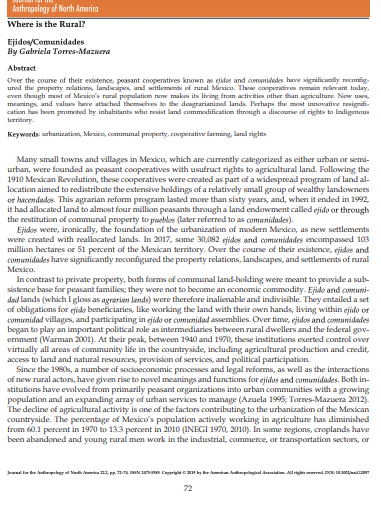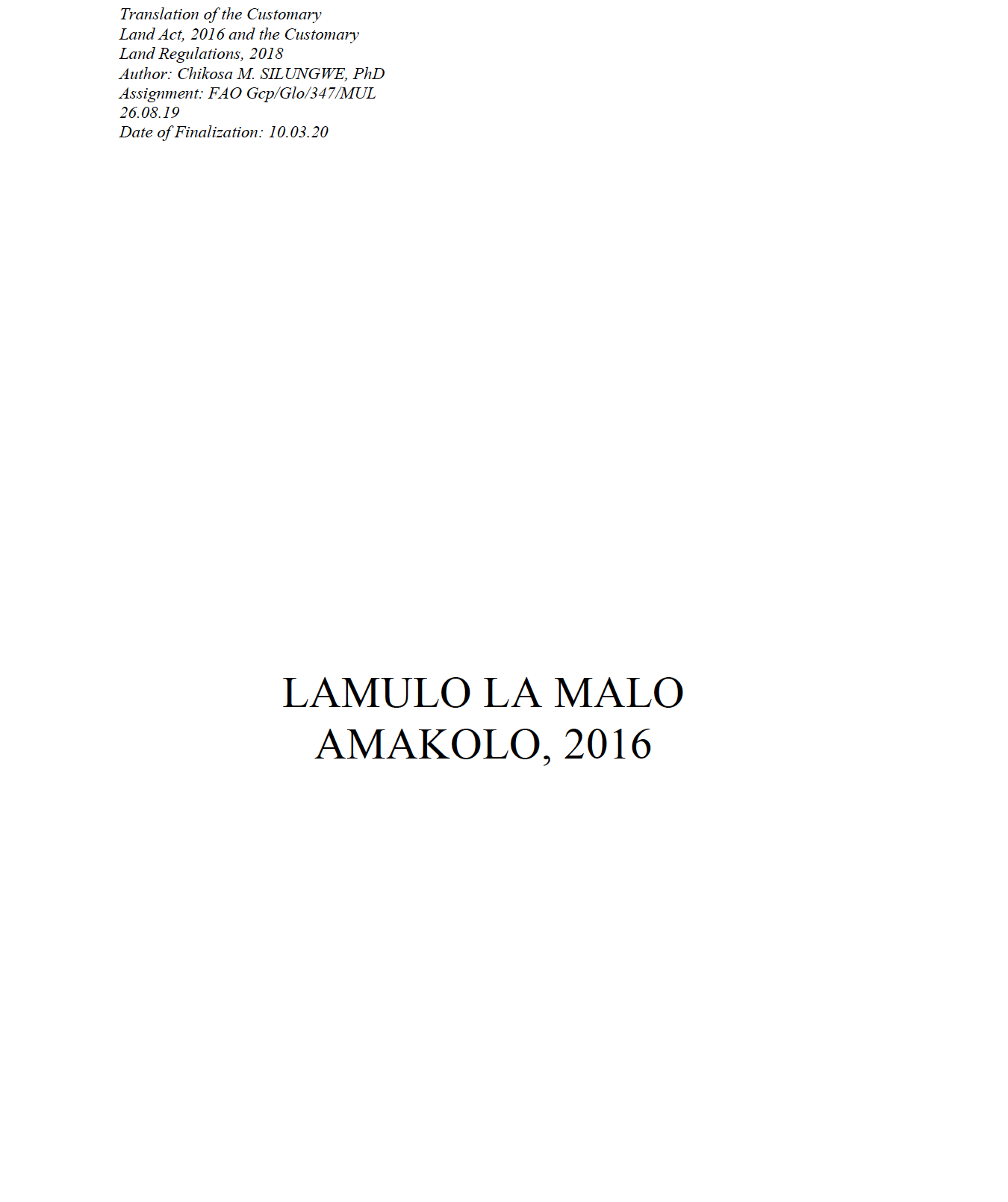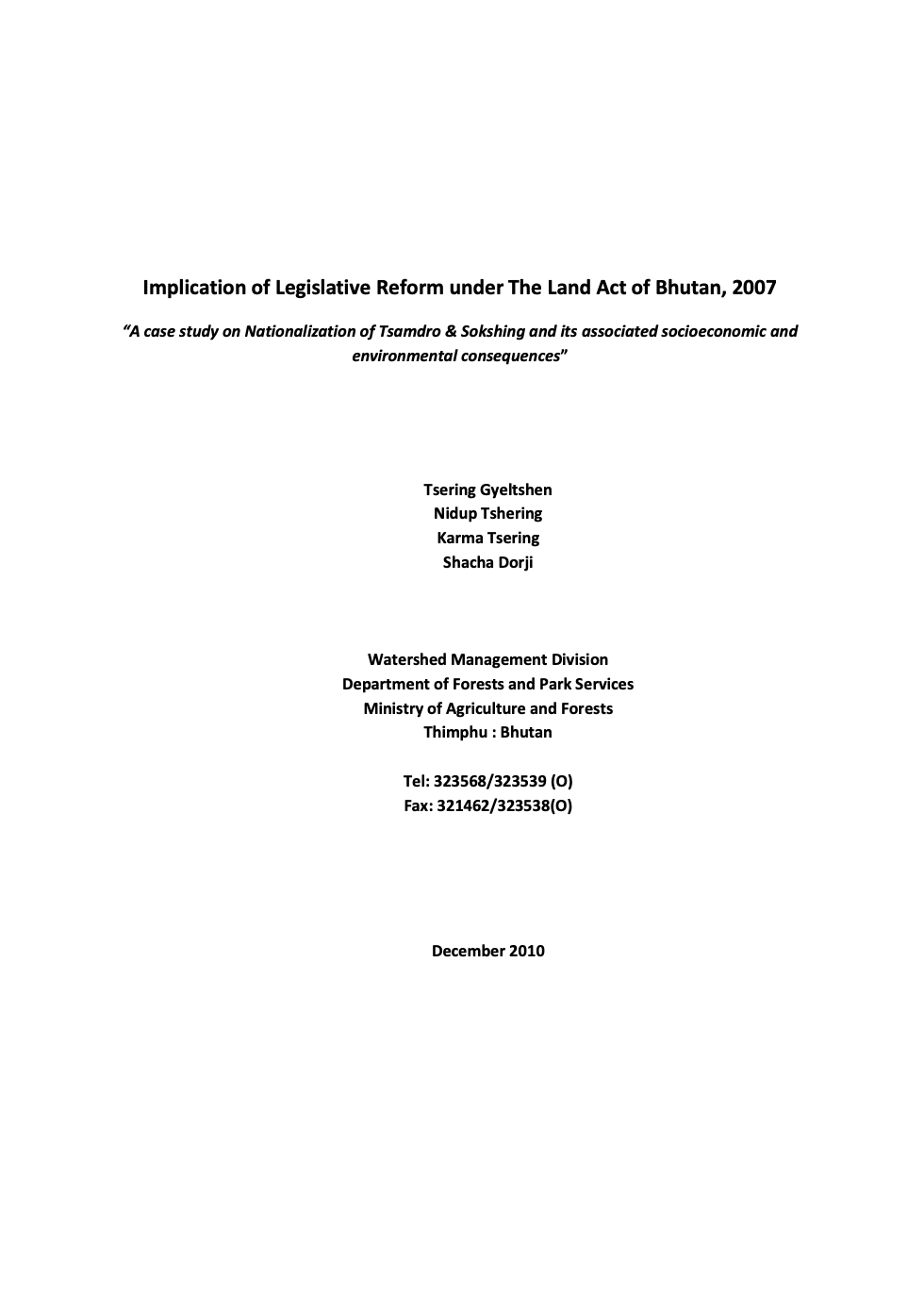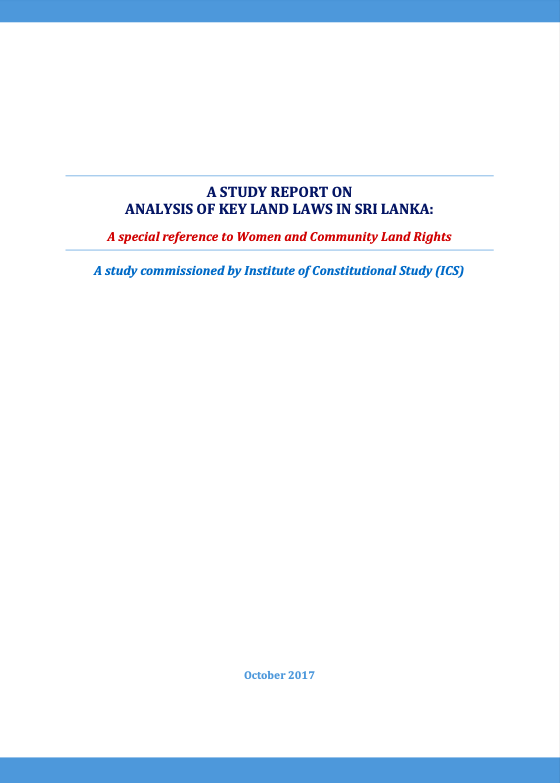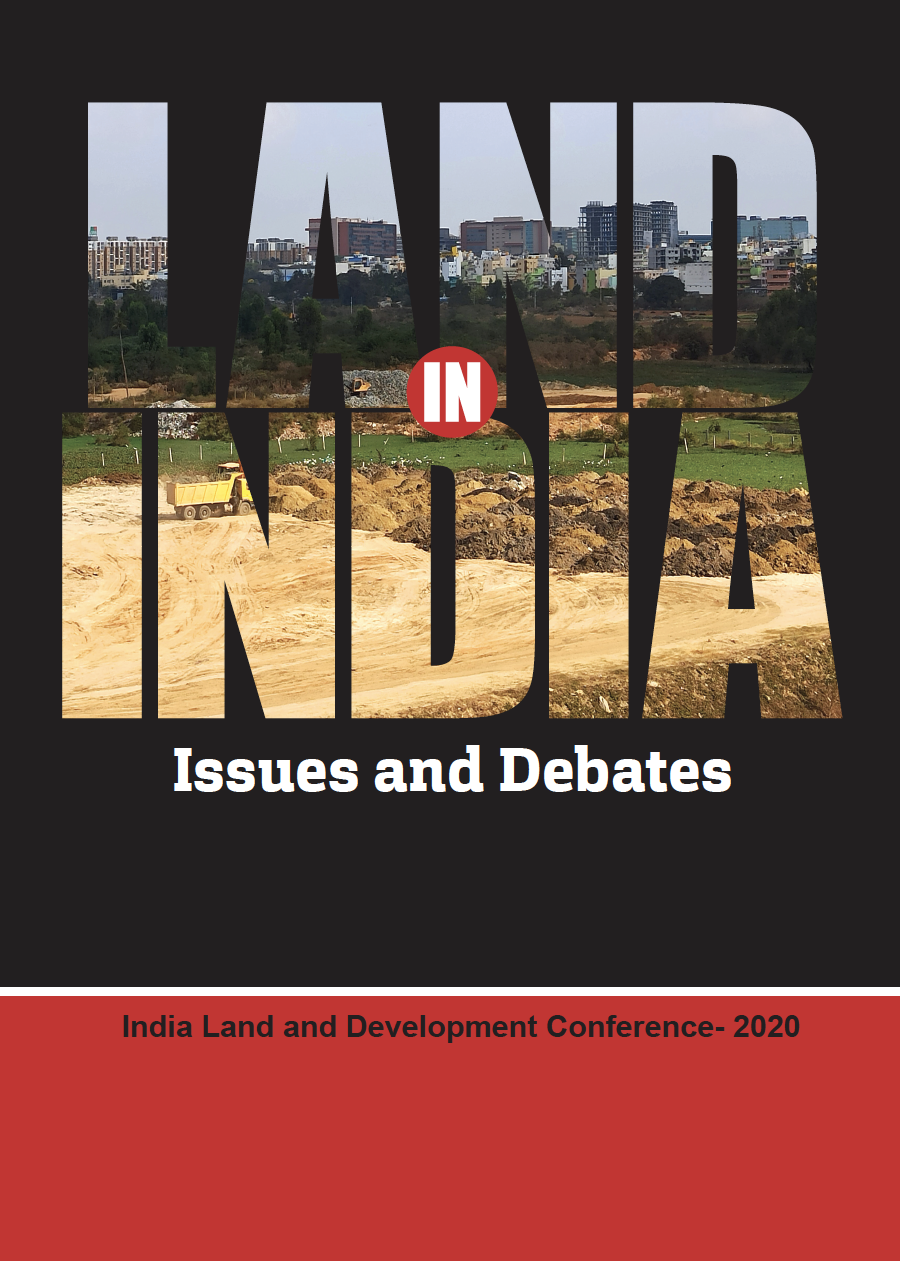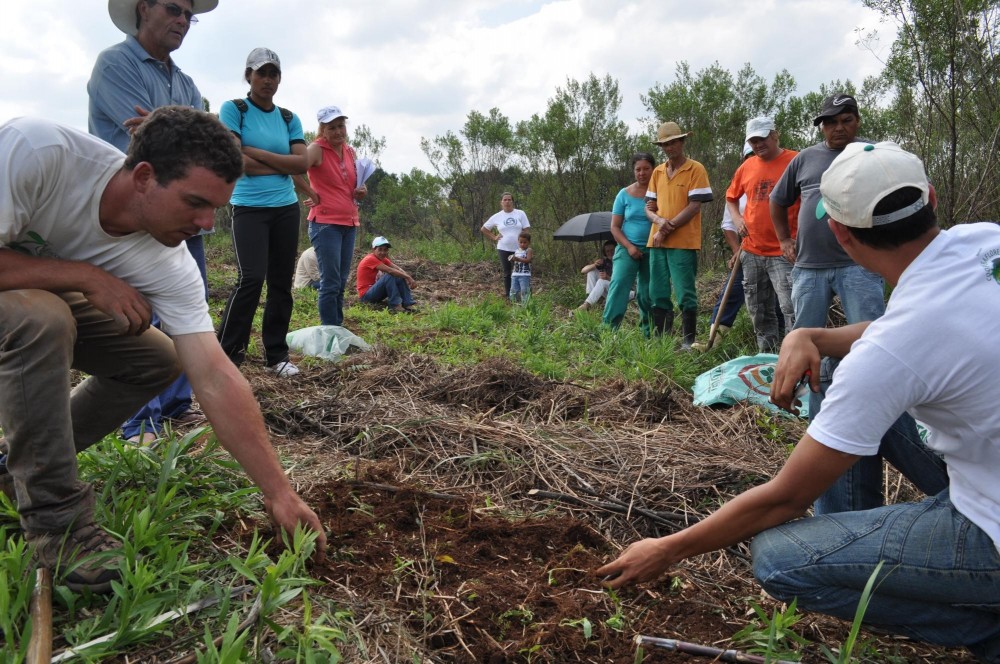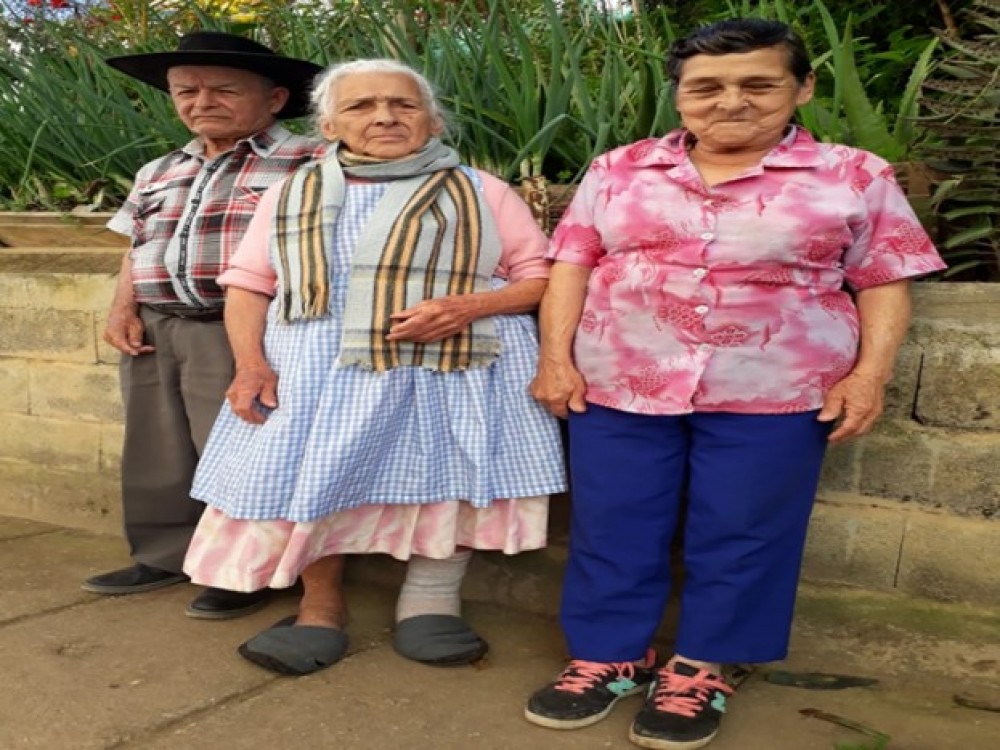Dairy Joint Ventures in South Africa’s Land and Agrarian Reform Programme: Who Benefits?
Joint Ventures (JVs) between ‘agribusiness’ investors and ‘small farmers’ or ‘customary landowners’ are being promoted in South Africa’s land and agrarian reform programme as a way to include land reform beneficiaries in the country’s competitive agricultural sector. This paper undertakes an in-depth comparative analysis of two JV dairy farms located on irrigation schemes in the former ‘homeland’ of the Ciskei, in South Africa’s Eastern Cape Province. The community, through government investment, brings the fixed assets to the business: land, irrigation infrastructure and milking parlours.



